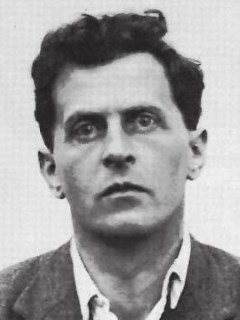

Tractatus mereologico-philosophicus?
pp. 339-359
in: , Philosophy and logic in Central Europe from Bolzano to Tarski, Berlin, Springer, 1992Abstract
The philosophies of late Brentano and early Wittgenstein can be brought closer in two ways. One way discovers a surprising amount of part—whole theory in the Tractatus if we see states of affairs (not wholly wilfully) as thing—like rather than fact—like. This throws up a modal analogue to Chisholm's entia successive in the form of situations. The other way sees all propositions as truth—functions of existential propositions, supporting Brentano's view that existentials are primary, and incidentally yielding a reistic semantics for the Tractatus. I draw a quick moral, that we should beware of excessive simplicity in metaphysics, and apply it to Chisholm's views on part and whole.


